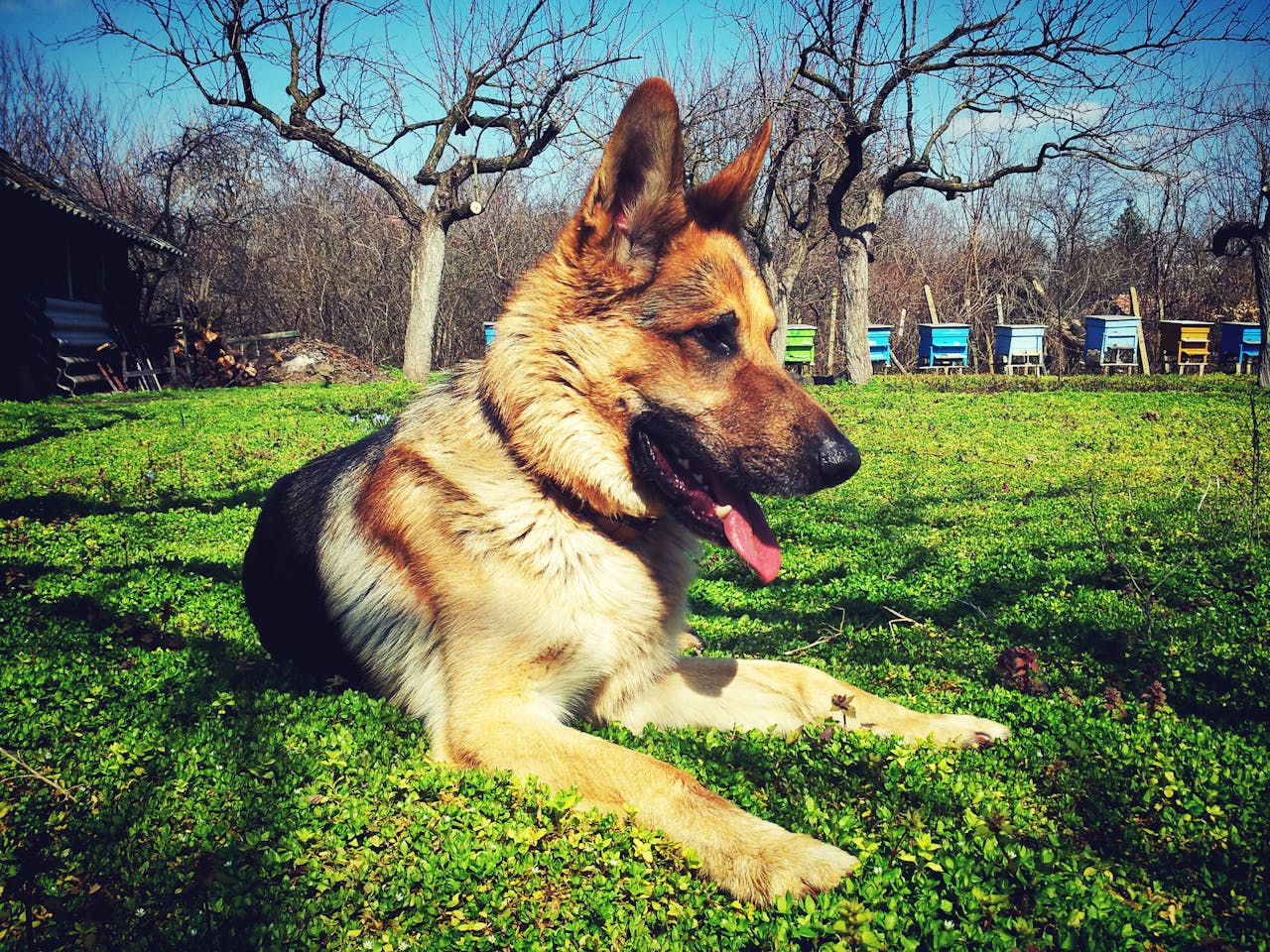
Drug detection dogs sniff out a variety of narcotics, from prescription medicine and marijuana to crack cocaine and heroin. These super-bright canines work at airports, borders, jails, and beyond.
The legalization of cannabis in many states has led to the prevalence of vape pens that contain THC, which is still completely illegal in nine states, and the transporting of vape pens between states due to the portability and lack of noticeable smell.
One question that lots of people who vape cannabis have is whether drug detection dogs can sniff out THC in vapes. So, can drug dogs smell vapes? Here’s everything you need to know.
How Drug Dogs Detect Substances
Canines have a sense of smell between 10,000-100,000 times more acute than humans, which is why law enforcement uses them to help identify hidden illegal narcotics.
The most common breeds of dogs used in this role are labradors, German shepherds, and springer spaniels because they are highly trainable, work well through distractions, and don't tire quickly.
After training for around six months, these pups head out to various settings where drug detection is necessary, like jails and airports, to sniff out substances like marijuana, cocaine, heroin, methamphetamine, and more.
They use scent isolation to recognize certain substances' smells even when masked by something else like perfume or food.
What’s Inside a Vape Pen?
The two main types of vapes available are nicotine vapes and THC/CBD vapes. The TSA permits nicotine vapes to be transported in a passenger’s carry-on luggage, while THC remains federally illegal and is prohibited on board planes. In addition to THC, CBD, or nicotine, Vape juice or e-liquid contains PG (Propylene Glycol) or VG (Vegetable Glycerin) and flavor concentrates.
Can Drug Dogs Smell Vapes?
Dogs are not trained to sniff out vapes or vape juice with no controlled substances inside, but they are trained to sniff out controlled substances in vape juice, like THC. Scent-blocking containers claim to mask smells, but there’s no guarantee these can mask even the smallest amount of THC from highly-trained drug detection dogs.
The popularity of vapes with THC among young people and those traveling from weed-legal states means more law enforcement agencies are training dogs to specifically sniff out vape carts with THC inside for deployment at schools and airports.
Factors That Influence Detection
The following factors influence how easily a drug detection dog can sniff out a controlled substance inside a vape:
-
Vapes with THC can be detected by drug detection dogs, but regular vapes with nicotine inside won’t be detected.
-
Smell-proof containers may claim to conceal the smell of cannabis, but highly-trained dogs may still be able to detect THC in vapes being transported inside them.
-
Drug detection dogs can only detect what they have been trained to sniff out, which means vapes with THC inside might not be on their radar.
-
Environmental factors like wind, airflow, and surrounding odors may make it more difficult for a drug detection dog to sniff out a specific scent.
Legal and Privacy Considerations
THC is still federally illegal despite 24 states legalizing recreational marijuana and 39 states legalizing medical marijuana. Transporting THC vapes within a legal state is allowed; however, transporting THC vapes across state lines, regardless of the state’s laws on cannabis, is illegal.
So, even if you’re traveling from one legal state to another, transporting a vape pen with THC in it is still illegal.
There are legal considerations surrounding the use of drug detection dogs at schools, airports, and during traffic stops. If the use of a dog extends a traffic stop “beyond its original purpose,” it may be considered unconstitutional.
Additionally, law enforcement is not permitted to detain somebody during a traffic stop to wait for a drug-detecting dog to arrive. Dogs cannot be used on a person’s property without a warrant.
However, school lockers and other personal areas may be searched due to the safety of the students. Drug detection dogs do not need a warrant at airports as they are high-security areas.
Conclusion
Drug-detecting dogs can sniff out vapes if e-liquid contains substances that they are trained to detect, like THC. It’s essential to stay up-to-date on laws surrounding cannabis and transporting cannabis as they evolve.
As the popularity of THC vapes continues to rise, law enforcement will most likely expand the use of drug detection dogs in places like schools and airports, with dogs potentially used to detect synthetic cannabinoids and delta-8.








Leave a comment (all fields required)